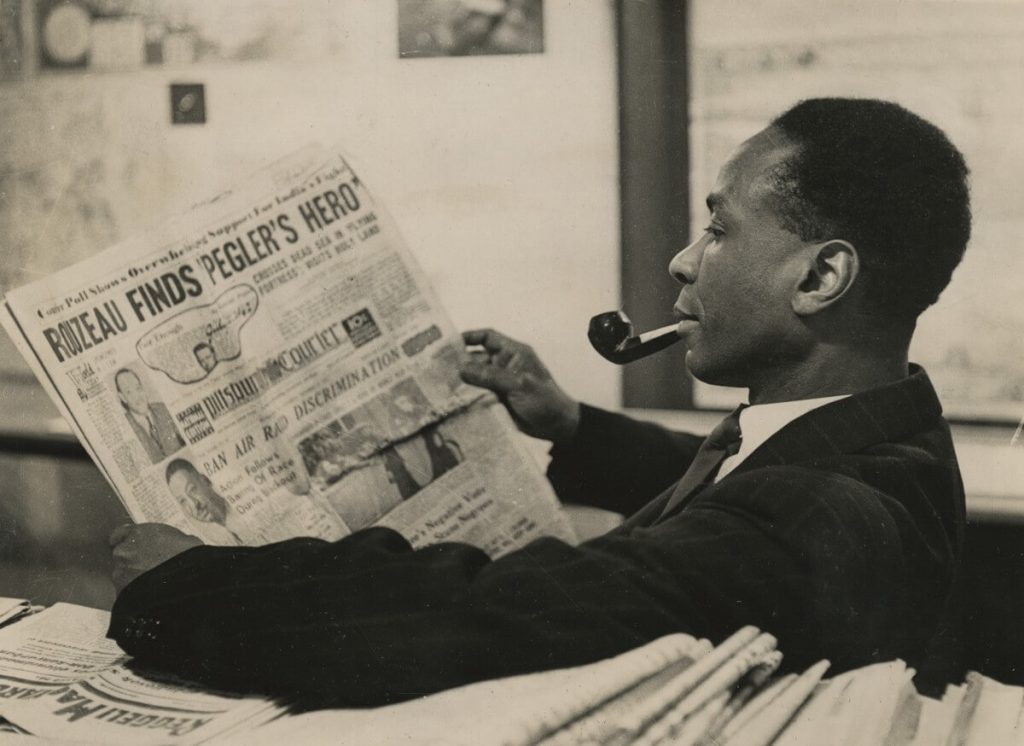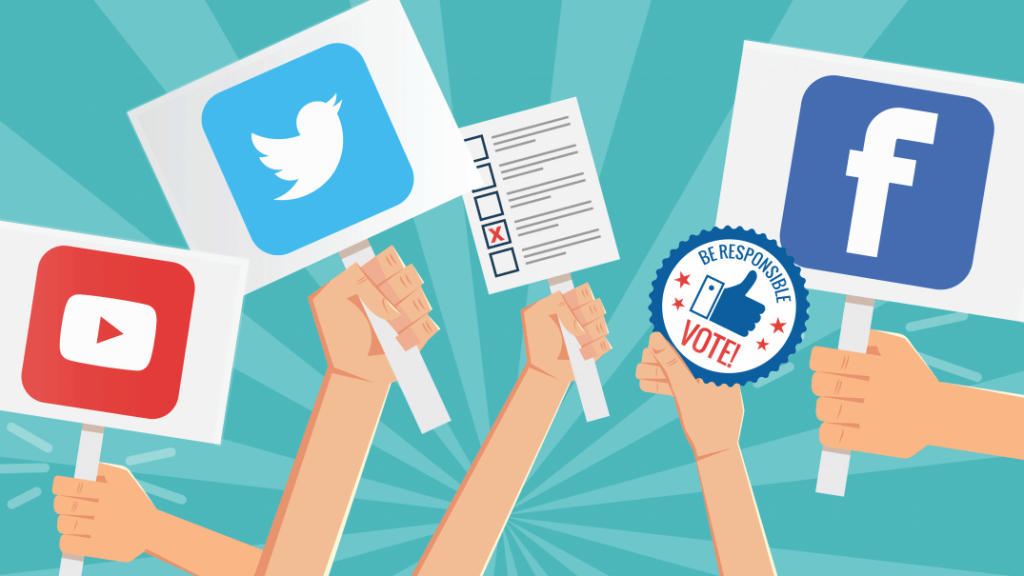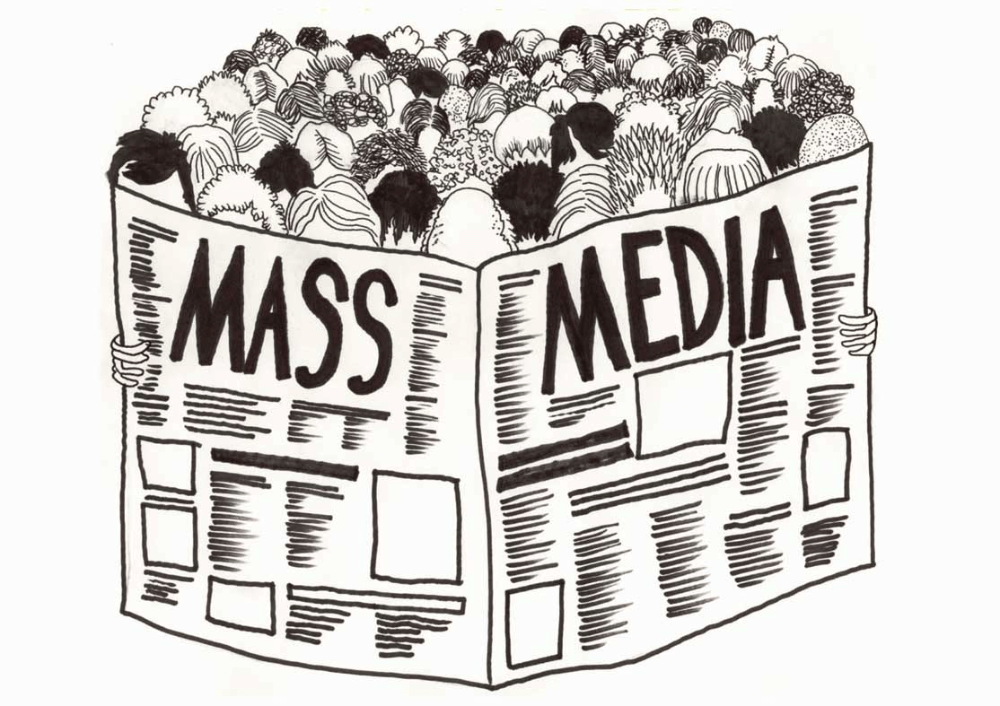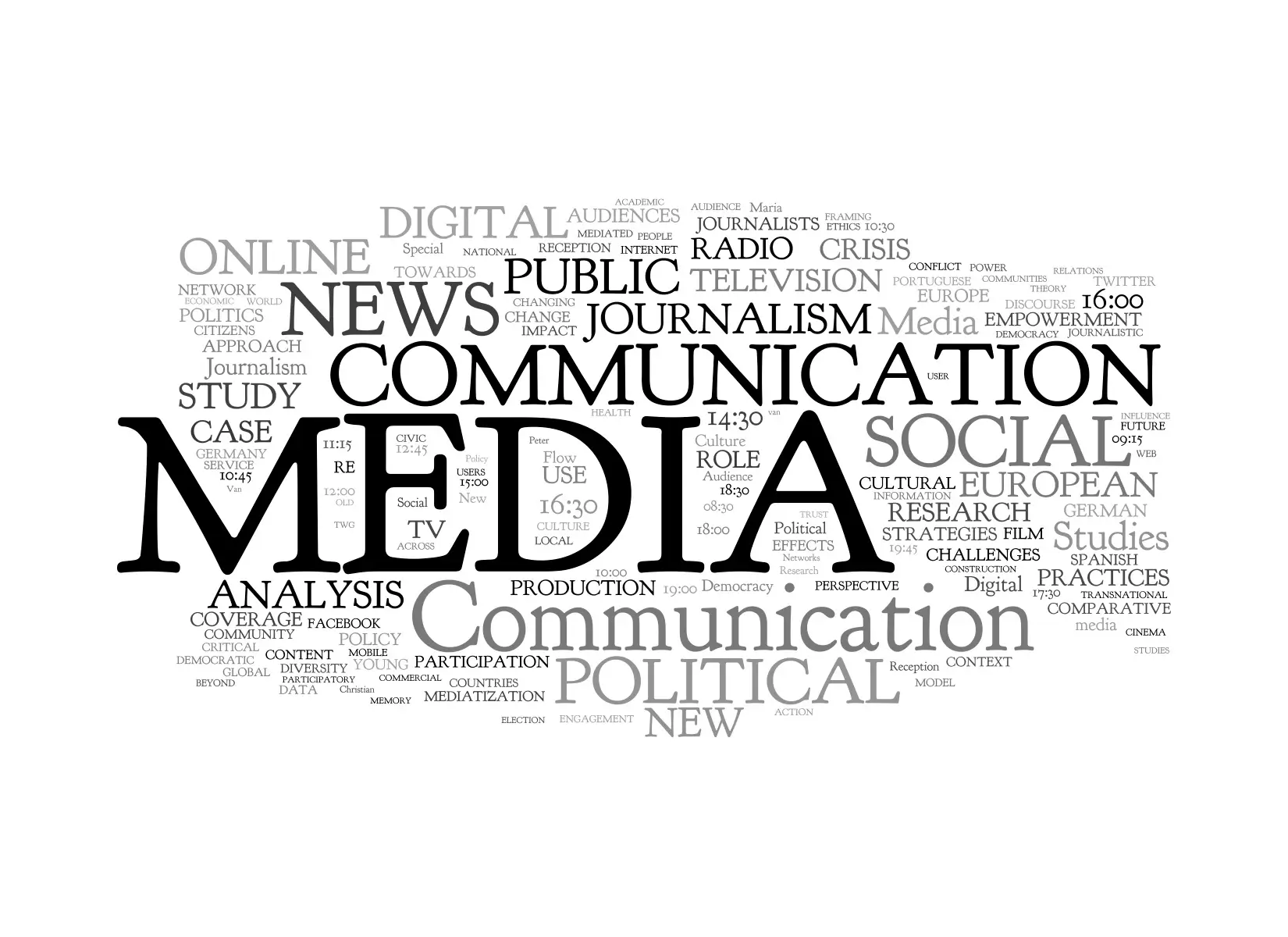The Use of the Media in Political Coverage
There are various ways in which the use of media in political coverage. This article discusses some of these methods as well as the history and ethical considerations involved. The author also looks at the impact of the new media on the practice of political journalism.
Table of contents
History of Political Journalism
The history of political journalism spans a long period of time. Journalists have shaped history and have impacted the world in numerous ways. From the early 1700s to present day, journalists have been able to shape the way that people think about important issues.
Throughout the nineteenth century, newspapers had a close relationship with political parties. These party papers were able to give readers an insider’s account of government. They also treated their readers as citizens.
Politicians learned to take advantage of the media. While many newspapers still presented news in a neutral way, other publications were very partisan.

In the late 19th century, newspapers started to adopt a more objective style. Although newspapers still emphasized politics and the opinions of politicians, reporters were less partisan than before. Instead, newspapers wrote about the state and federal stances on issues that were of interest to the fledgling American public.
During the 19th century, newspapers grew in both size and wealth. Newspapers were also increasingly independent. Moreover, newspaper taxes were repealed, which led to a large increase in print titles.
Early journals considered political engagement as a social responsibility, and proselytized for their own party. However, robust political engagement was not sufficient to prevent the Civil War.
In the late 19th century, journalists became more organized. A professional organization known as the American Newspaper Guild was formed. This organization was meant to function as a trade union for journalists.
Impact of New Media on Political Coverage
The impact of new use of media in political coverage has been a subject of considerable academic debate. Studies have explored how social media affect the informational use of news, and how digital media may help level the playing field in politics.
Researchers have also examined how social media can increase political participation. While the Internet has been referred to as a “liberation technology”, autocratic regimes have been known to utilize it for propaganda purposes. It can be difficult to quantify the impact of Internet on political behavior, because of the multi-faceted nature of online media effects.

Nevertheless, there are certain benefits to use of media in political coverage. First, it has a low entry barrier, allowing more people to get involved in political conversations. In addition, it can mobilize large-scale social protests.
Second, the cost of access to the internet and other digital media is minimal. This may lead to increased polarization among citizens. However, it can also create opportunities for interaction with different perspectives in the news.
Third, the digital age has enabled the rise of blogs and other user-generated content, allowing for critical examinations of mainstream coverage. Fourth, social media can level the playing field and make political regimes more accountable. Finally, it can make it harder for actors to hide harmful information.
Ethical Considerations for Political Journalists
As a journalist, it is important to understand the ethical considerations that affect your profession. If you fail to comply with these standards, it can have serious consequences.
Ethics are complex and often conflict with bottom-line concerns. Ethical journalists need to be discerning about their source, reporting, and dissemination of information. Using the correct media or technology to communicate information can be just as important as ensuring the reliability of a source.
The Society of Professional Journalists (SPJ) developed a code of ethics to guide journalists for use of media in political coverage. The SPJ Code is comprised of four foundational principles. Each principle promotes an important idea that journalists owe a duty to the public. These include acting independently and with integrity, minimizing harm, holding power accountable, and seeking truth.

The SPJ Code emphasizes the importance of providing accurate and updated information to the public. The code calls for reporters to verify facts before reporting them, and it outlines how to avoid mistakes.
The code also encourages journalists to be transparent about their work, and to be honest about their sources. It recommends that they use original sources whenever possible, and avoid stereotyping. However, it does not cover the political interests of spouses or parents.
Although the SPJ Code of Ethics contains guidance for journalists, it is not legally binding. Instead, it is supported by position papers and real-life case studies.
Types of Media Used in Political Coverage
The media is essential in forming public opinion and informing the public about political topics and occurrences. Media sources’ news, commentary, and analysis on politics and the executive branch are referred to as political coverage. Political news is covered by a variety of media, including traditional and internet outlets.
| Traditional Media | Digital Media |
| Print media (newspapers, magazines, newsletters) | Websites |
| Television news programs | Social media |
| Radio news programs | Podcasts |
Traditional Media
The term “traditional media” describes well-established mass communication channels that were in use before the internet and social media. For many years, these media channels were the main sources of political news, and they still have a big impact on popular opinion.
Print Media

Newspapers, magazines, and newsletters are all examples of print media. These publications are renowned for their in-depth reporting and analysis and have a long history of covering politics. Readers can select a print media outlet that supports their political beliefs because print media outlets frequently have a political slant.
Television

Via news pieces, chat shows, and political debates, television news programs cover politics. The most popular source of political news for Americans is television news, which attracts large audiences for debates, speeches, and election coverage.
Radio

Via news updates, chat shows, and interviews, radio news programs cover politics. Popular sources of political news include radio, particularly for those who are always on the road and cannot watch television.
Digital Media
Online publications that cover politics through blogs, social media, and podcasts are referred to as digital media. In recent years, digital media has grown in significance, and for many individuals, it now serves as their primary source of political news.
Websites

Political news is covered on news websites through articles, videos, and interactive tools. Also, a lot of websites offer live coverage of political events like speeches, rallies, and debates.
Social Media

Social media sites like Facebook, Instagram, and Twitter have grown to be significant suppliers of political news. Politicians and political analysts frequently publish their opinions and interact with their following on social media.
Podcasts

In-depth examination of political problems and events is provided through political podcasts. Political news is frequently found on podcasts, especially among younger viewers that favor on-demand programming.
Final Thought
Finally, media coverage of politics has changed from partisan to objective and independent. New media has changed political coverage by lowering the entry barrier, allowing critical analysis of conventional coverage, and leveling the playing field.
Political journalists must be ethical to maintain public trust. The Society of Professional Journalists (SPJ) code of ethics emphasizes accuracy, minimizing harm, holding power accountable, and seeking truth. Print, television, radio, websites, social media, and podcasts cover politics, with digital media growing more important.
You can follow the journalistic developments by clicking here.
May be you want to read; Tips for Using Social Media on Personal Relationships. Click here please.
FAQ
Politicians use media to spread their agenda. It influences public opinion, mobilizes people, and boosts political campaigns. Politicians and parties use media to inform, criticize, and influence public policy.
Political media includes television, radio, newspapers, magazines, social media, and online news outlets. Political media covers politics, policy, and public affairs.
News organizations frame information for the public. Media framing can influence public opinion in politics by stressing certain aspects of an issue or event and disregarding others. The media can shape public opinion of political events and people by framing them.
Political events, actors, and news items can impact public opinion. Media’s emphasis or interpretation of a news can influence public opinion. Politicians can use media to directly address the public, influencing public opinion.
New media refers to digital media channels created in the recent several decades. New media includes Facebook, Twitter, Instagram, Huffington, BuzzFeed News, and Vox. Podcasts, YouTube, Netflix, and Hulu are other new media.





